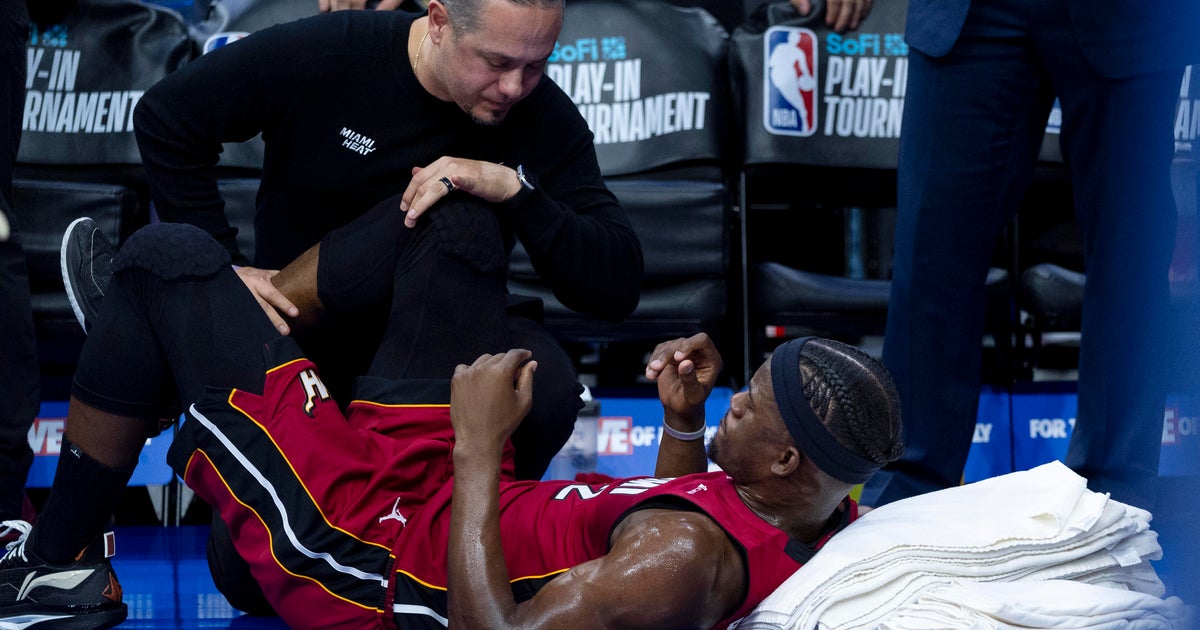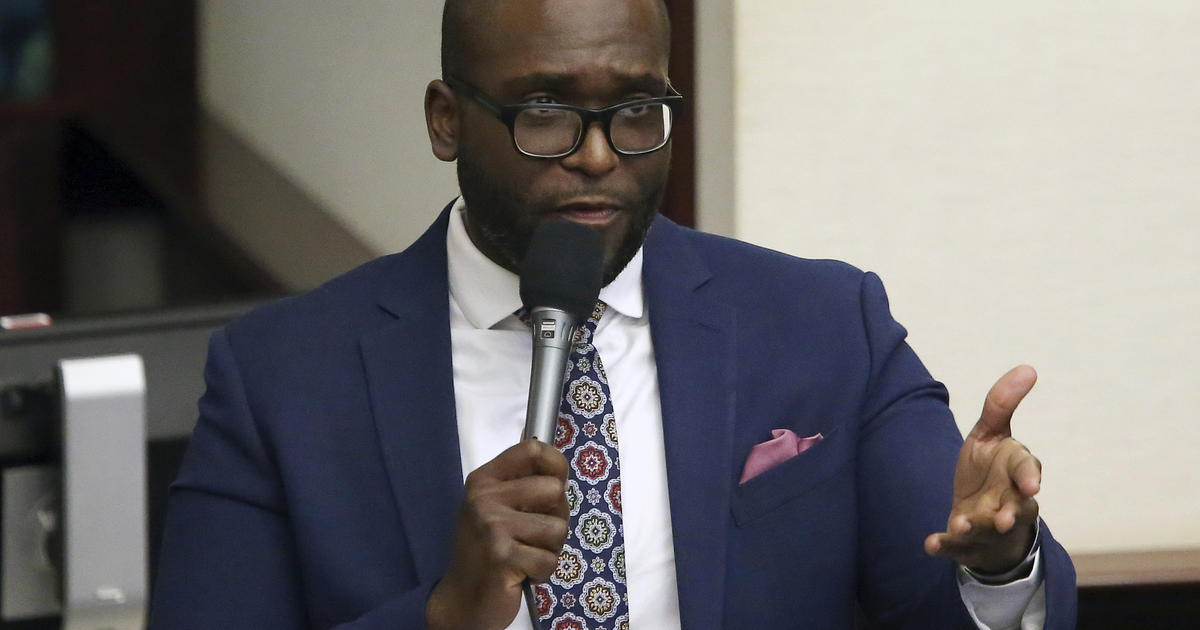Child Advocates, Officals Take Closer Look At DCF's Performance
MIAMI (CBS4)- There have been a number of changes to Florida's child welfare program. A decade ago, the state began turning over it's program to private contractors instead of state workers. Almost everyone involved feels that the change has been for the best, but that's all it is -- a feeling.
Despite spending a half billion dollars a year, the Department of Children and Families does not have a standardized system for evaluating in most areas its 20 child welfare contractors, making it impossible to prove that the 40,000 children in the system are being helped. Nor can the state show with confidence which contractors are performing well, adequately or poorly.
"We've got to create better statewide data. We have very little," new DCF Secretary David Wilkins told The Associated Press. He plans to introduce a new system next year.
Critics and advocates agree that the child welfare system has improved overall and cite numbers that prove their point:
- Adoptions jumped from 2,008 in the 2000-01 fiscal year when the state was in charge to 3,368 last fiscal year.
- Child abuse deaths for those who had a history with the department have remained steady at about 70 a year since 2006, when the state's current criteria that included accidental drowning and suffocations where a sleeping adult rolled on top of a child were adopted.
- The number of children in foster care has dropped 28 percent, from 42,325 in 2000-01 to 30,541 during the last fiscal year.
- The cost per child in foster care during that period dropped 24 percent, from $9,978 to $7,602 during that period though DCF officials and the contractors caution that those figures don't account for tens of millions of dollars spent on prevention services. DCF says it doesn't have an exact total.
Longtime child court Judge Cindy Lederman was initially skeptical about privatization but said the system is a considerable improvement over the old DCF system. Before privatization, caseworkers frequently came to court unprepared, telling a judge they'd just been assigned the case and hadn't had time to read the file. That doesn't happen now, Lederman said.
"People were not fired. Contracts were not terminated. Five o'clock would come and you couldn't find anyone at DCF. Those things don't exist anymore. They take personal responsibility for every child...it's not a bureaucracy," she said of the contractors.
But others child advocates are more circumspect in their praise. Attorney Andrea Moore says many foster children still don't go to the doctor even though they have Medicaid and some aren't enrolled in school.
"Is it better now than it was under DCF? Yes, but twice as much money is also going into the system," Moore said. "The well-being of children is still far behind where it should be given the amount of money being provided to the (contractors) and their claims of how well they're doing."
Sen. Ronda Storms, R-Brandon, was an early supporter of privatization and still backs it but says the providers have become too powerful and agrees there needs to be a way to better measure their success.
"These privatized models have grown up to be nothing more than little governments all over the state that have no accountability," Storms said. "And now it works to the children's detriment and certainly to the taxpayers' detriment."
DCF's partnership with the private contractors has been rocky at times. Publicly the two never disparage each other, but privately there's constant finger-pointing when a child's death makes headlines, including a yearlong fight over insurance premiums and who should be financially responsible when a child is harmed.
In the case of a 10-year old Miami girl found dead in the back of Jorge Barahon, her adoptive father's, truck on Valentine's Day, DCF officials released thousands of documents detailing their blunders but privately fumed that the contractor that oversaw the case, Our Kids, was ducking responsibility. Our Kids officials hinted DCF was trying to blame them for problems they didn't cause.
For more information on the Barahona case, click here.
"Nobody wants to take responsibility when a child is hurt. Everybody just points fingers at everybody else and they put Band-Aids on problems rather than really fix things," Moore said.
DCF and lawmakers sheltered providers when they were first starting out. Now the providers have grown into multimillion dollar agencies with influential board members and powerful political connections.
As DCF has tried to increase oversight, the providers have pushed back using their political clout, Storms said.
Provider contracts were written in the infancy of privatization and lack immediate consequences, including financial penalties or probationary periods for failure to comply. For example, providers still refuse to use the agency's multimillion dollar computer system.
Yet DCF has little recourse other than to terminate contracts. Only a handful of providers have lost them in the past decade
"There is not a lot of teeth in those contracts," Wilkins said. He's warned providers new contracts will include more stringent accountability measures and consequences. "There is a new sheriff in town. They are subcontractors to DCF so they have an obligation to report to me and do the things we ask them to do."
The most comprehensive current measurements compares each private contractor against 15 federal performance standards, including abuse rates while kids are in foster care, how long they're in care, and whether they're placed in a stable home or bounced between foster homes. But providers say the measurements are misleading and don't capture the quality of their work.
Our Kids, which cares for 3,500 children in Miami-Dade and Monroe counties, said the standards don't consider improvements that have been made since a provider took over a region. The nonprofit group gets $74 million a year with much of that going to prevention and keeping children with their families while monitoring them. That drives up the costs.
"We can go back to the old way of having large numbers of children in foster care so that the cost per child would look better. However, experts will tell you that we are better served as a community by keeping families together with the support services that they need," spokeswoman Kadie Black said. "We know that the quality of life for children in South Florida has never been higher."
(© 2011 The Associated Press. All Rights Reserved. This material may not be published, broadcast, rewritten, or redistributed.)



